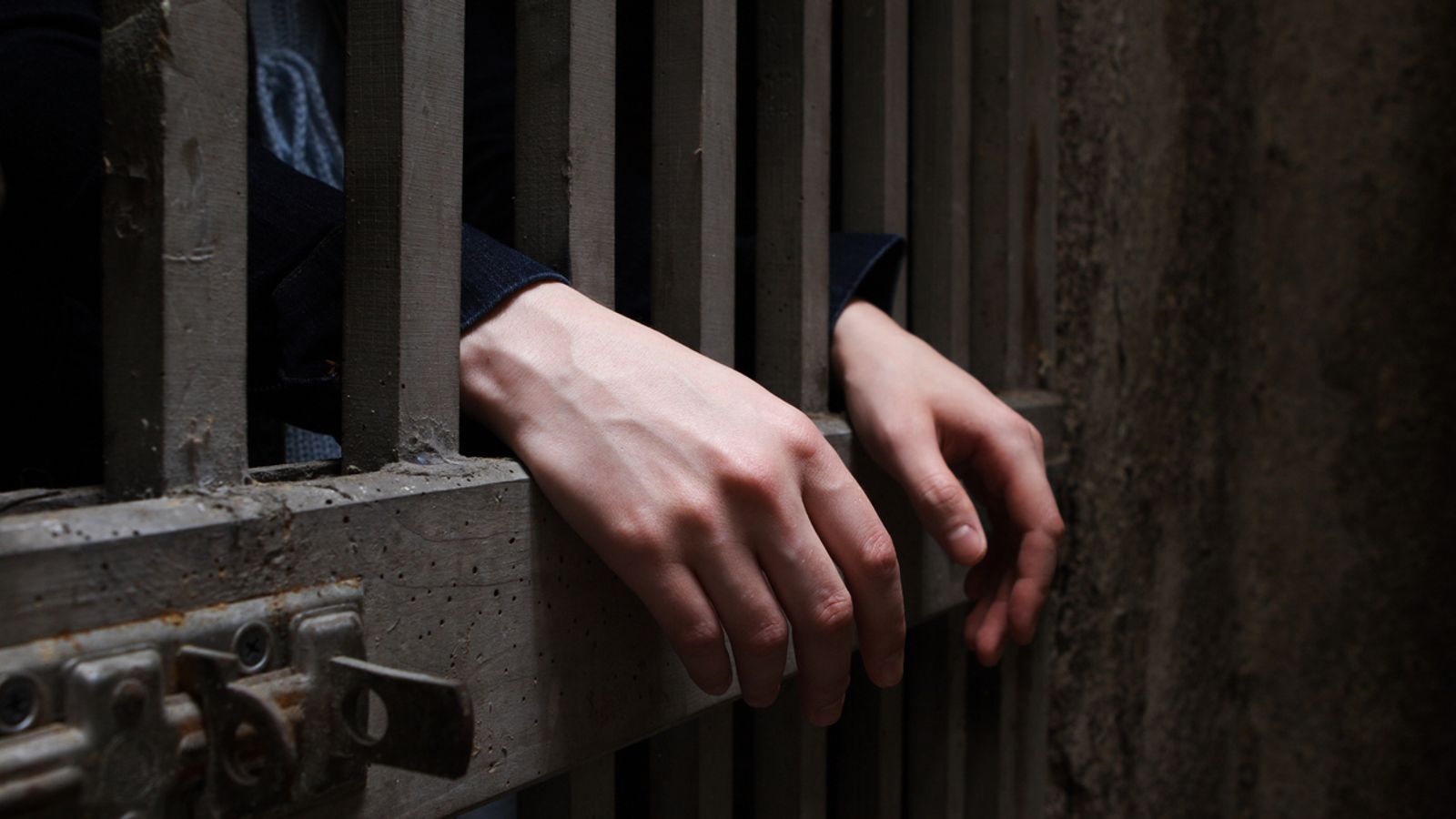Pregnant women and new mothers who are convicted of most types of crime are set to be considered for reduced sentences from judges under new court rules.
“Pregnancy, childbirth and post-natal care” is set to be introduced as a new mitigating factor in England and Wales, the Sentencing Council has announced.
Officials said it would allow judges to consider the impact of a sentence on women who are expecting a child or have given birth within the previous 12 months.
Mitigating factors can decrease the severity of a sentence and are included in all offence-specific sentencing guidelines. They can include offenders showing remorse or being of a young age.
The shake-up will replace the existing reference in guidelines to pregnancy when an offender is the “sole or primary carer for dependant relative(s)”, which urges courts to consider any impact on the health of a pregnant defendant and on an unborn child during sentencing.
The change, which will apply in “the majority of offence-specific sentencing guidelines”, will come into effect on 1 April for courts in England and Wales.
The Sentencing Council said in a consultation it was aware of several reports in recent years that have raised concern over the care of pregnant women and their children in prison.
Law firm Leigh Day, which was among those to take part in the consultation, said women in prison are seven times more likely to suffer a stillbirth than those in the general population, according to figures obtained through freedom of information requests sent to 11 NHS trusts serving women’s prisons in England.
It also highlighted research which suggests pregnant women in prison are almost twice as likely to give birth prematurely, putting both mothers and babies at risk.
According to the Sentencing Council, relevant considerations when sentencing a pregnant or postnatal defendant may include their medical and mental health needs, any effect of the sentence on their physical and mental health, and any effect of the sentence on the child.
Please use Chrome browser for a more accessible video player
The council said in its report that the impact of custody on an offender who is pregnant or postnatal “can be harmful” for them and the child, “including by separation”.
It flagged that access to a place in a prison Mother and Baby Unit is not automatic and that there may be difficulties accessing medical assistance or specialist maternity services.
Be the first to get Breaking News
Install the Sky News app for free
Read more:
Should pregnant women be spared jail?
Projected surge in female prisoners ‘incredibly worrying’
Janey Starling, co-director of Level Up, an organisation campaigning for an end to the imprisonment of pregnant women, welcomed the change.
She said it would “finally force courts to acknowledge the devastating impact imprisonment has on pregnant women, babies and mothers”.
“Prison will never be a safe place to be pregnant and several other countries do not send pregnant women to prison. This new mitigating factor means that England is finally catching up,” she added.





